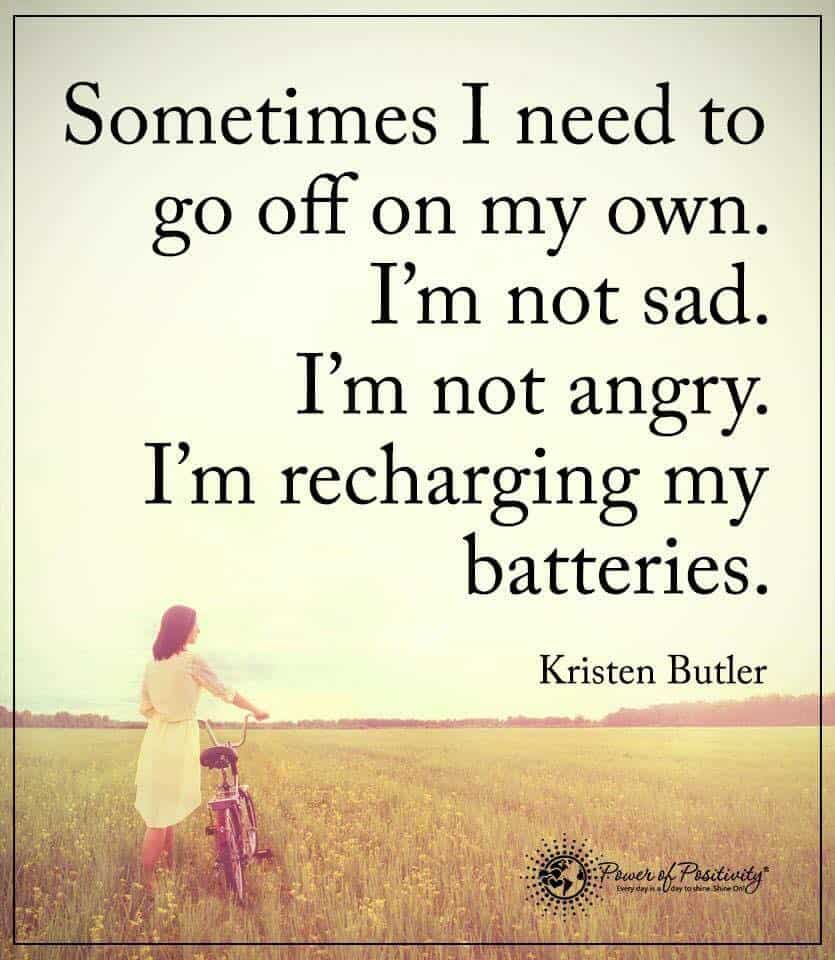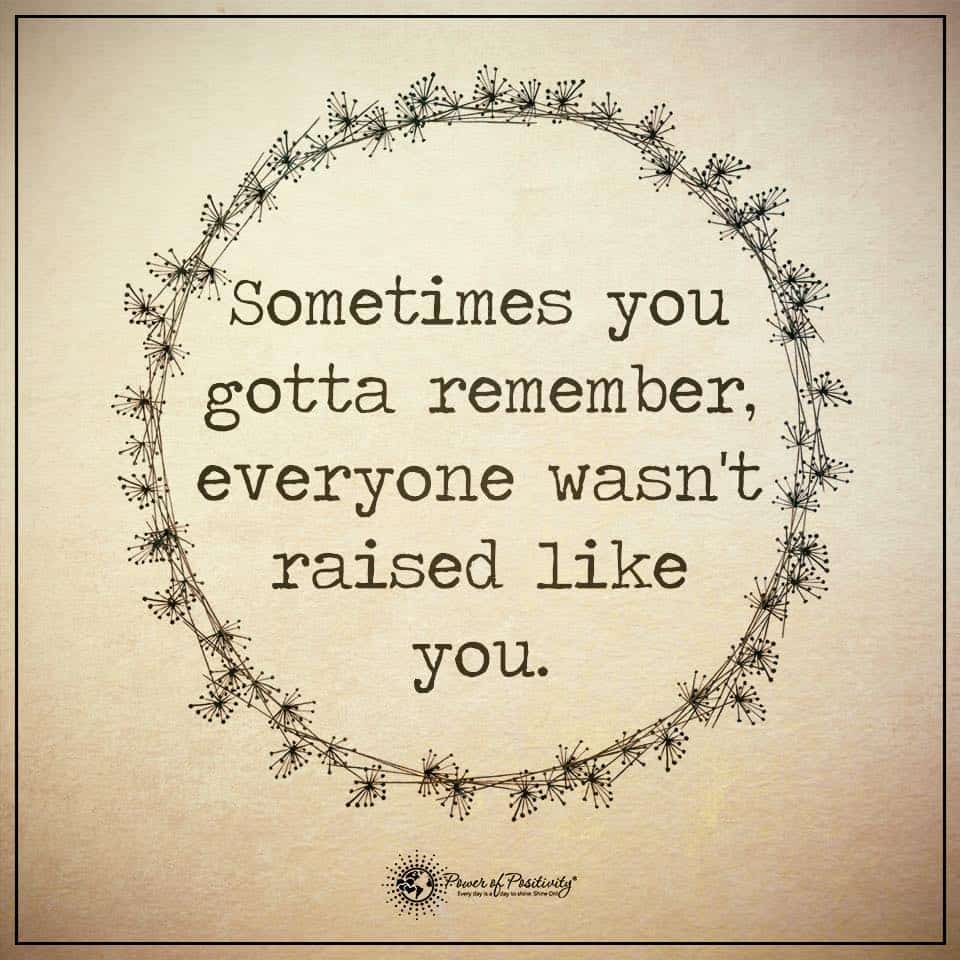While most people would think of gum and toothpaste when you mention mint, it actually serves another purpose besides just flavoring our oral hygiene products and our favorite candies. In addition to being used in desserts and other foods, you can use mint in a holistic way in order to heal from a variety of ailments. Mint contains many antioxidants that help to fight free radicals in the body, and it can aid in healing anything from nausea to depression.
You can find mint in almost any grocery store, which means you can easily gain access to this incredible herb and benefit from its healing properties. You might not think of mint as an essential item in your shopping cart, but once you learn about all the ways that it can help your mind and body, you will want to pick some up at every grocery trip!
7 Reasons To Eat Mint Every Day
1. Mint eases nausea.
If you’ve felt nauseous before, you might’ve heard your parents mention drinking peppermint tea to help curb the nausea. While ingesting the mint directly will ease the queasiness, some studies have found that even breathing in the scent of peppermint can help with postoperative nausea.
According to the University of Maryland Medical Center, the calming and numbing effect of peppermint relaxes your stomach muscles to allow the bile to break down fats, and therefore, food can move through your intestines more quickly.
You can either make peppermint tea and breathe in the aroma, or buy peppermint oil and rub it on your stomach to alleviate the nausea.
2. It alleviates congestion.
Any time you have a cold or allergy, you probably go to the store and buy a medicine that contains menthol, which comes from mint. So, by inhaling the aroma of mint, or ingesting it directly, you can clear your sinuses naturally, allowing you to breathe fully and easily. Mint contains an anti-inflammatory agent known as rosmarinic acid as well, which aids in clearing up the sinuses.
3. Mint prevents acne.
According to Read and Digest, mint contains Vitamin A, which can help to lessen the body’s production of oils that cause acne. Also, mint contains many antioxidants which help to keep the skin clear and glowing.
You can apply the mint to your skin in the form of a paste, or you can mix it with other skin-clearing substances such as lemon.
4. Mint contains antioxidants.
According to Medical News Today, mint contains more antioxidants than many other foods, including vitamin A, vitamin K, beta carotene, vitamin-C and vitamin E, as well as many important B-complex vitamins like folates, riboflavin and pyridoxine (vitamin B-6).
Antioxidants help to keep the body’s immune system functioning properly. Furthermore, they keep free radicals which can cause cancer at bay.
5. It helps with digestion.
Consuming or breathing in mint activates the salivary glands in our mouth, which aids in healthy digestion. You can eat the mint before or after a meal to speed up the digestive process.
6. Mint helps you lose weight.
Because mint helps with digestion, you can also count on it to aid in the weight loss process if you’ve been trying to shed a few pounds. It can also speed up your metabolism, further helping with weight loss and weight maintenance.
7. It fights depression and fatigue.
Related article: 9 Reasons To Eat Flaxseed
Menthol allows the body to relax, which can also help your brain to recharge and calm down after a stressful event. The best way to utilize mint in this way is to make peppermint tea and just allow yourself to remain in the moment and enjoy the calming effect of the tea on your body and mind.











